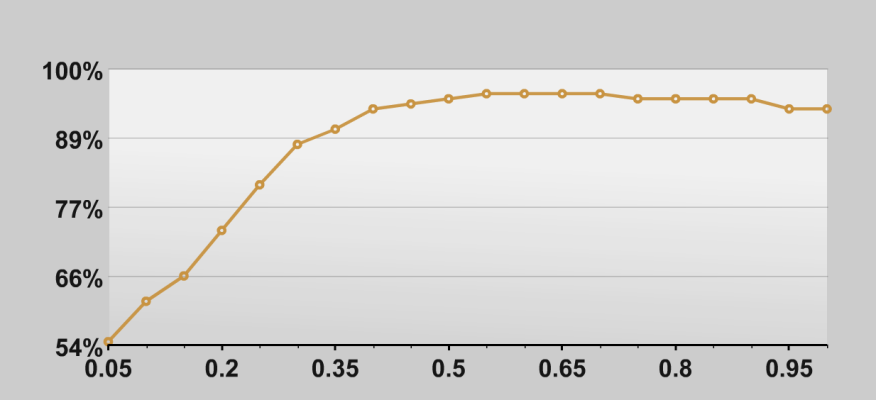OldShooter
Give me a museum and I'll fill it. (Picasso) Give me a forum ...
This is pretty much our approach as well, though we don't run it so close. Typically we will have a few $K in each of our checking accounts, selling something when we need to top up the accounts. This happens every 1-3 months depending on time or year, any travel, etc.If one is retired, then I think that any cash should be part of your fixed income allocation which includes then bonds, savings accounts, cash, T-bills, etc.
I personally don't hold any cash if I can help it. I have some cash in my checking account which is enough to pay next week's bills. Otherwise, if I need money, then I am selling investments just-in-time to pay bills. That is, I am essentially living paycheck-to-paycheck where "paycheck" means selling shares of an equity or bond fund.
And if you are going to ask me, "What about an emergency fund?", then I will say I have credit cards and can get any needed cash in a couple days by selling shares. I don't have a job to lose, so I don't need an emergency fund in case I lose my job.
We also have a $250K HELOC that we haven't used in years but the bank seems to want to keep it open. Every month or two they send a nice brochure telling me all the wonderful things I could do with their money. I can't imagine what/how/when we might need that line but it is there.

